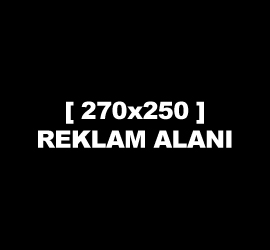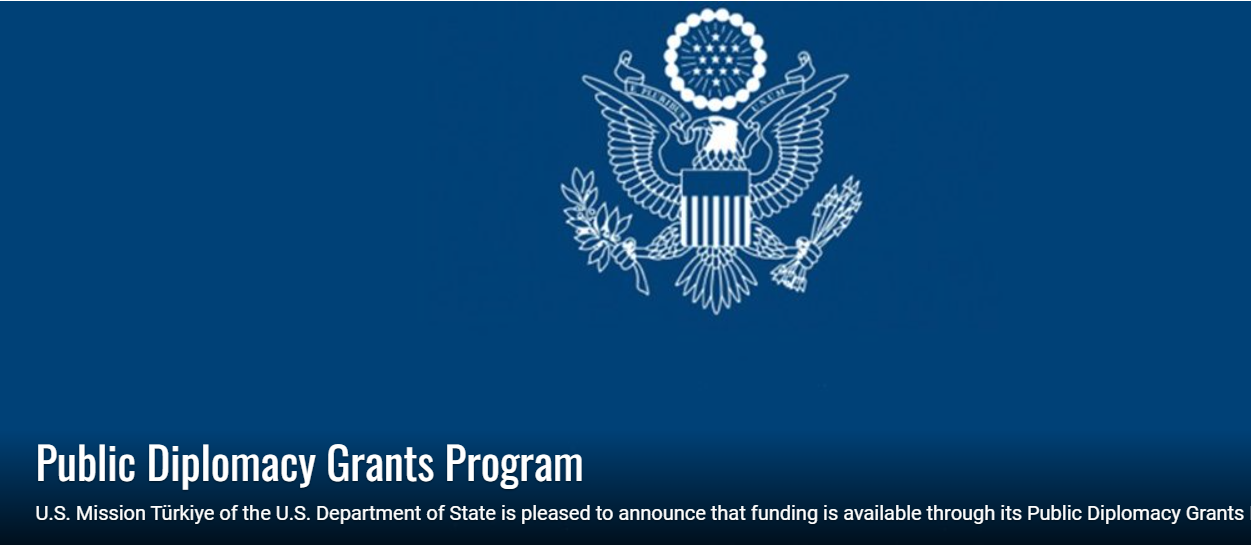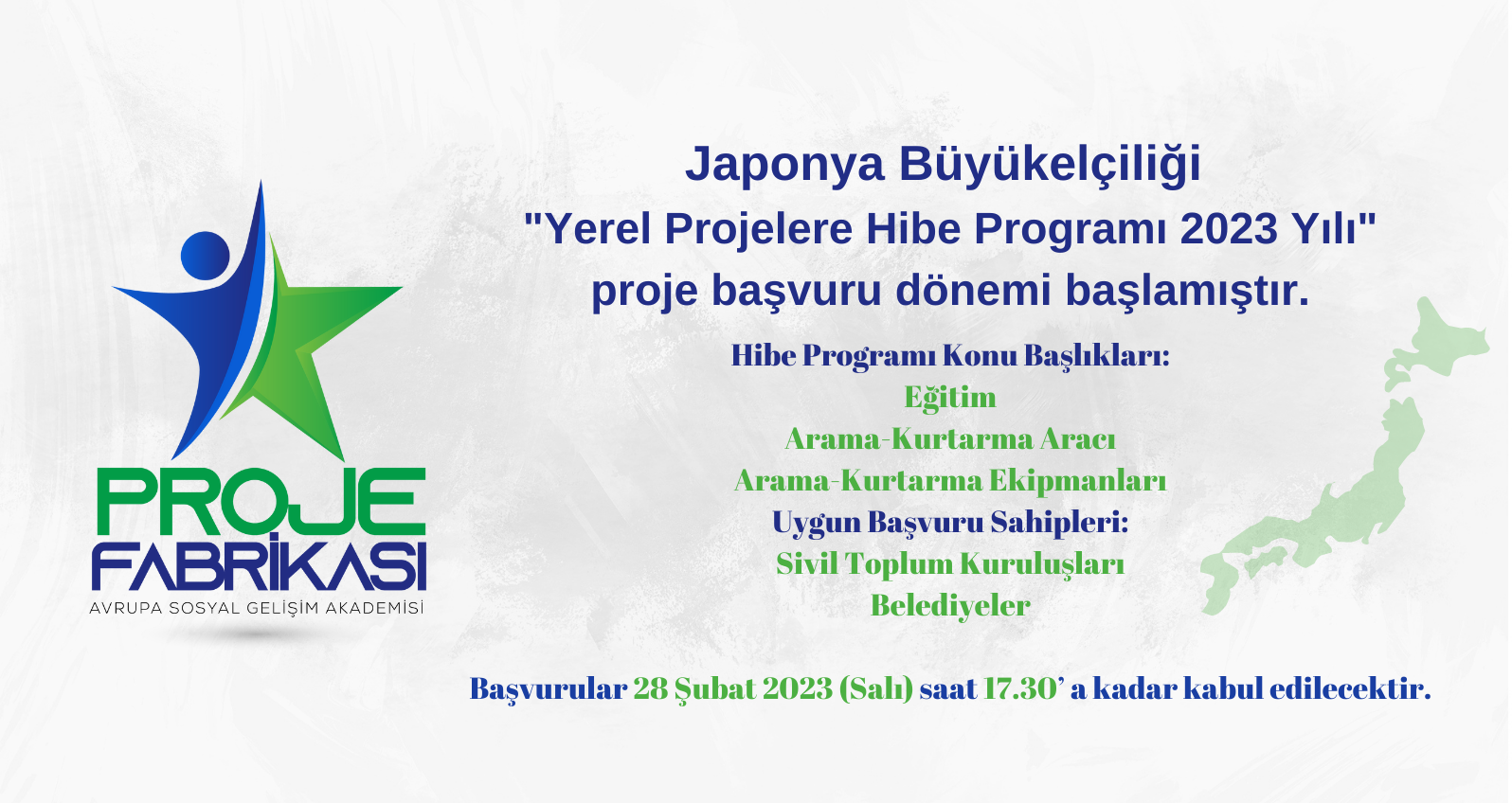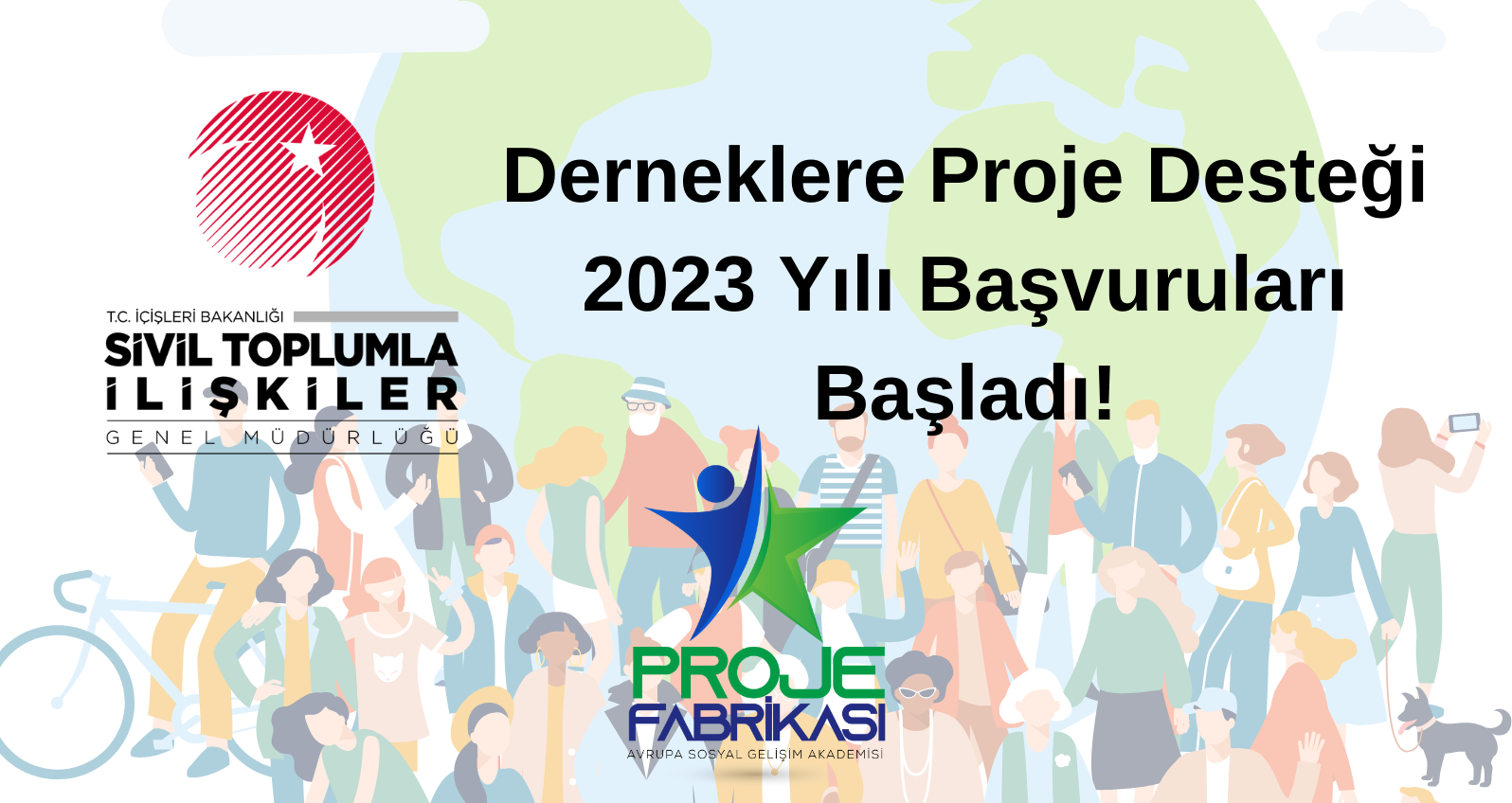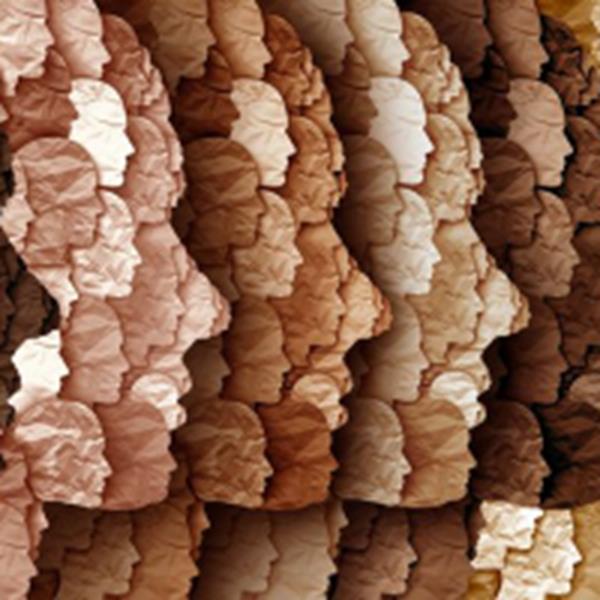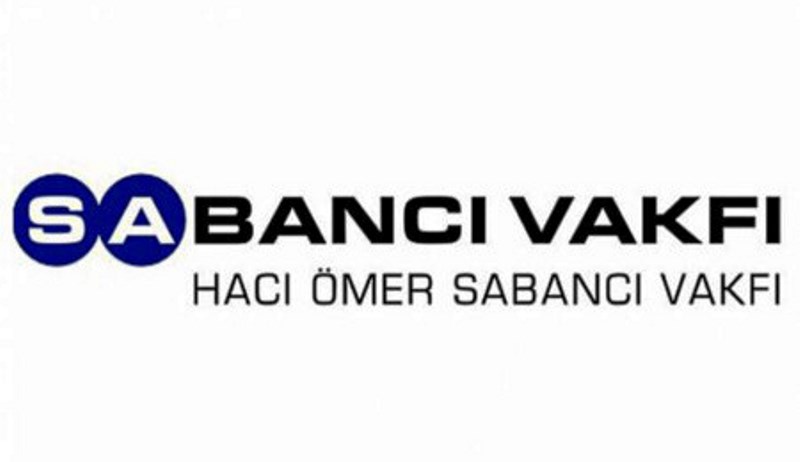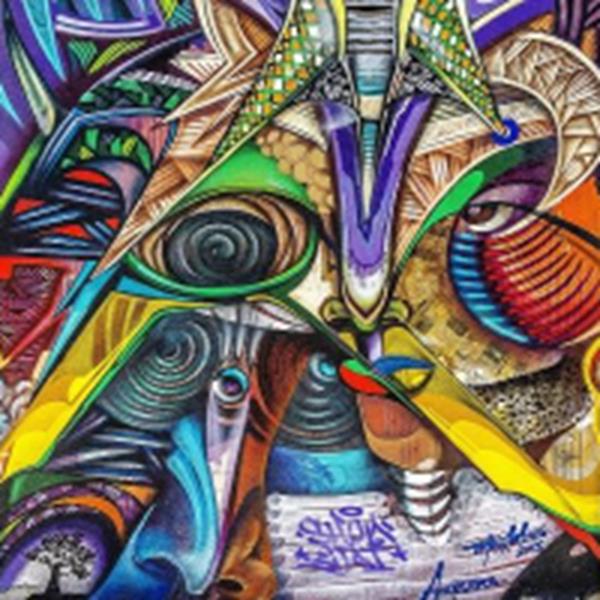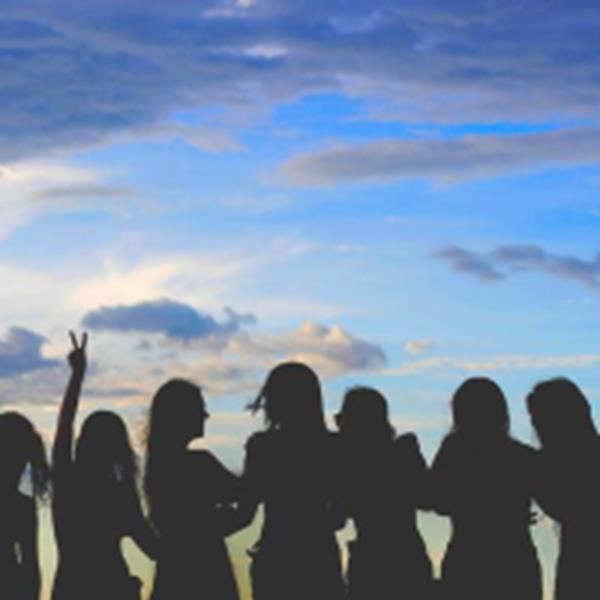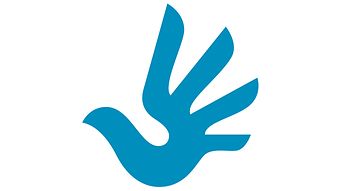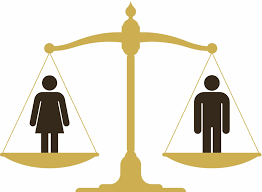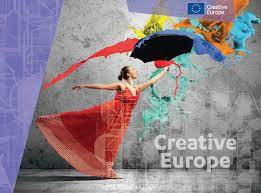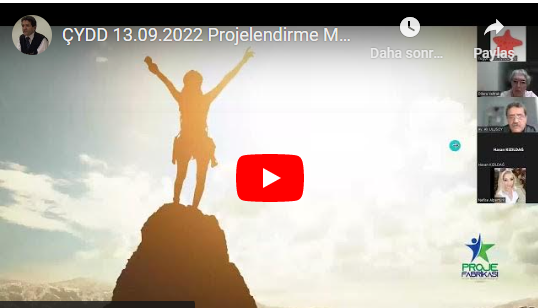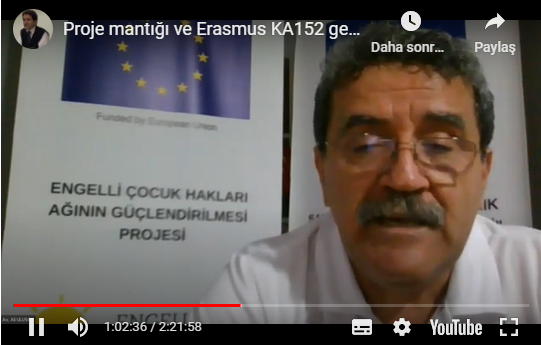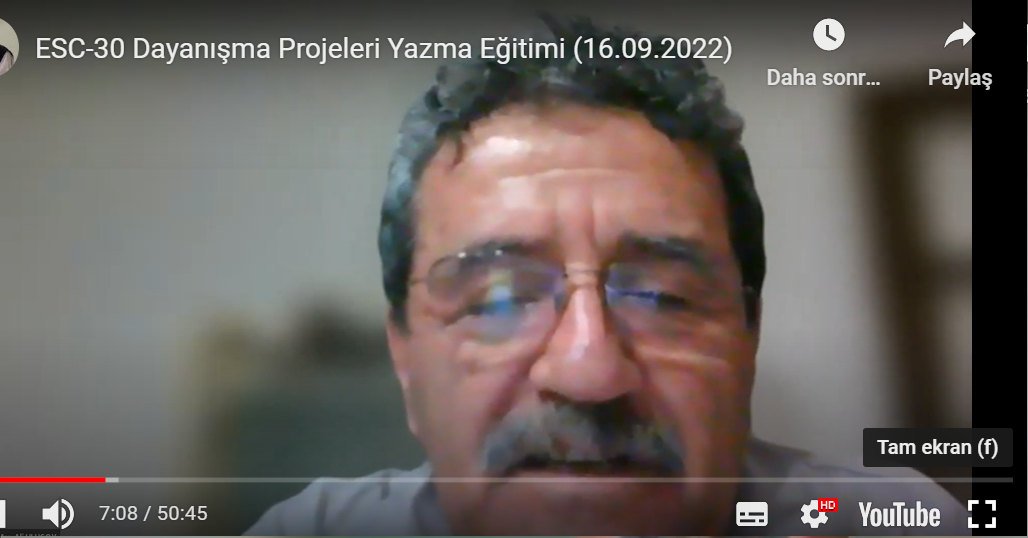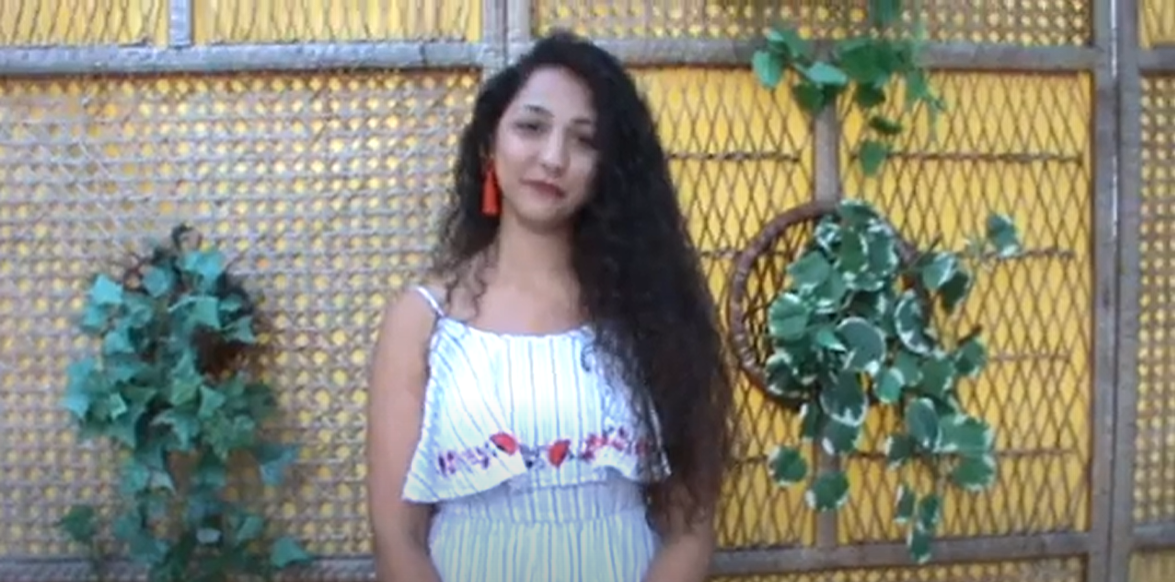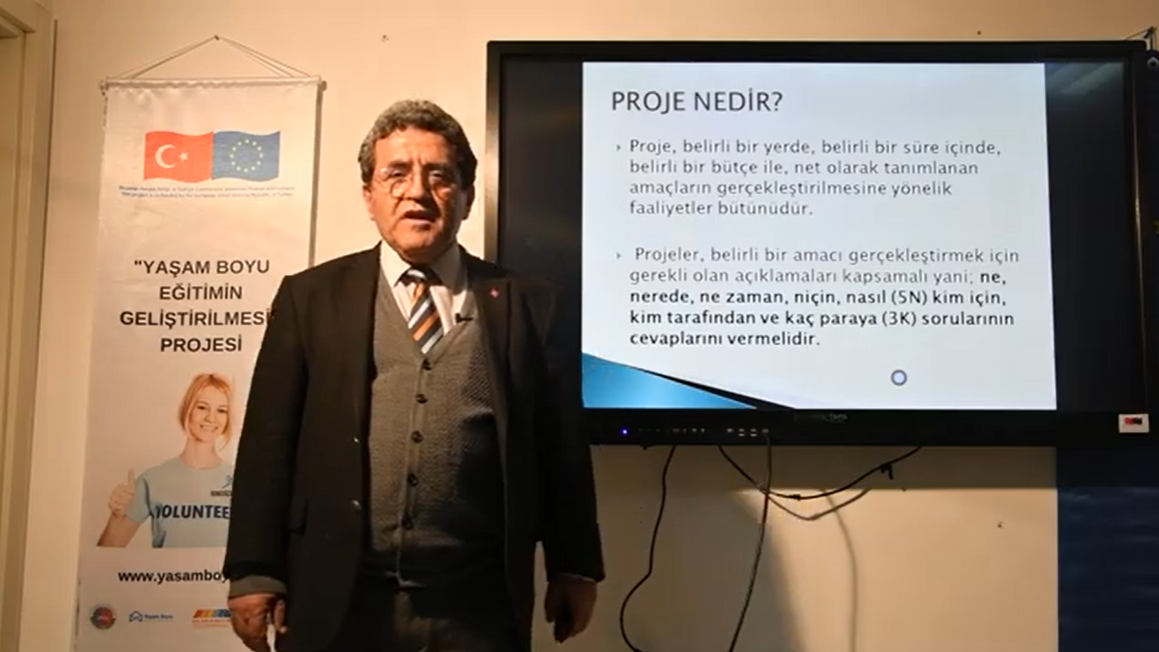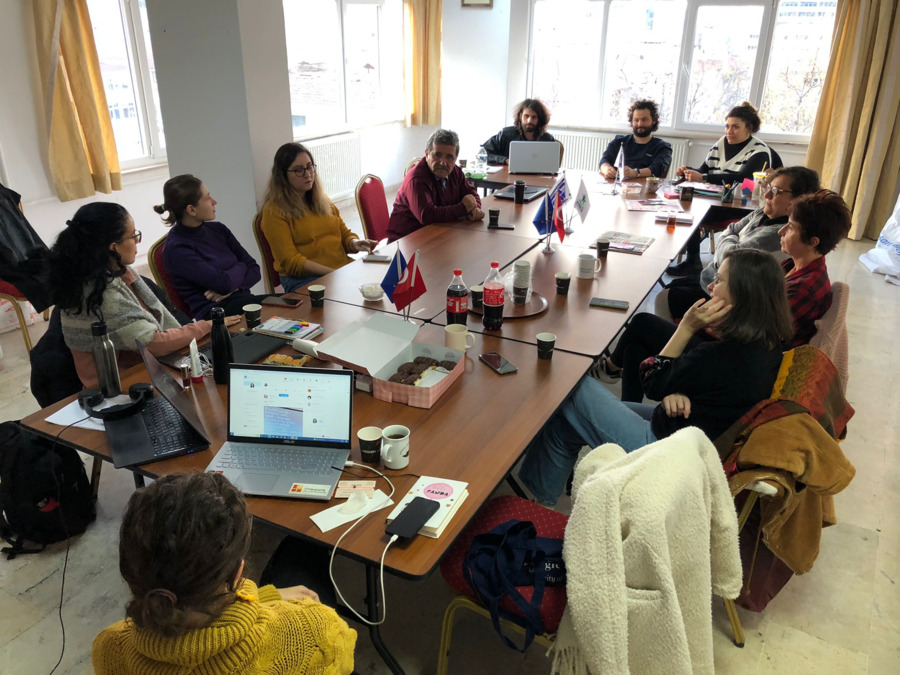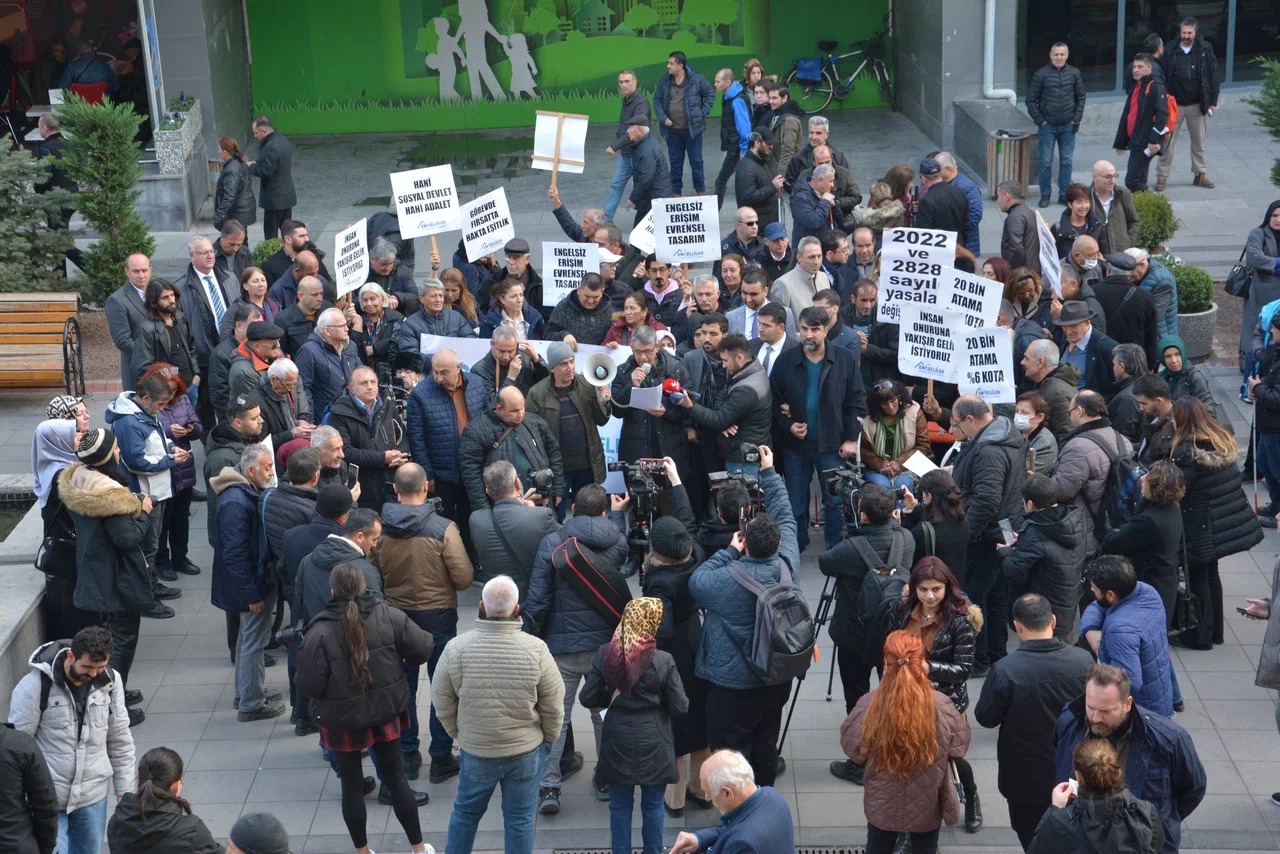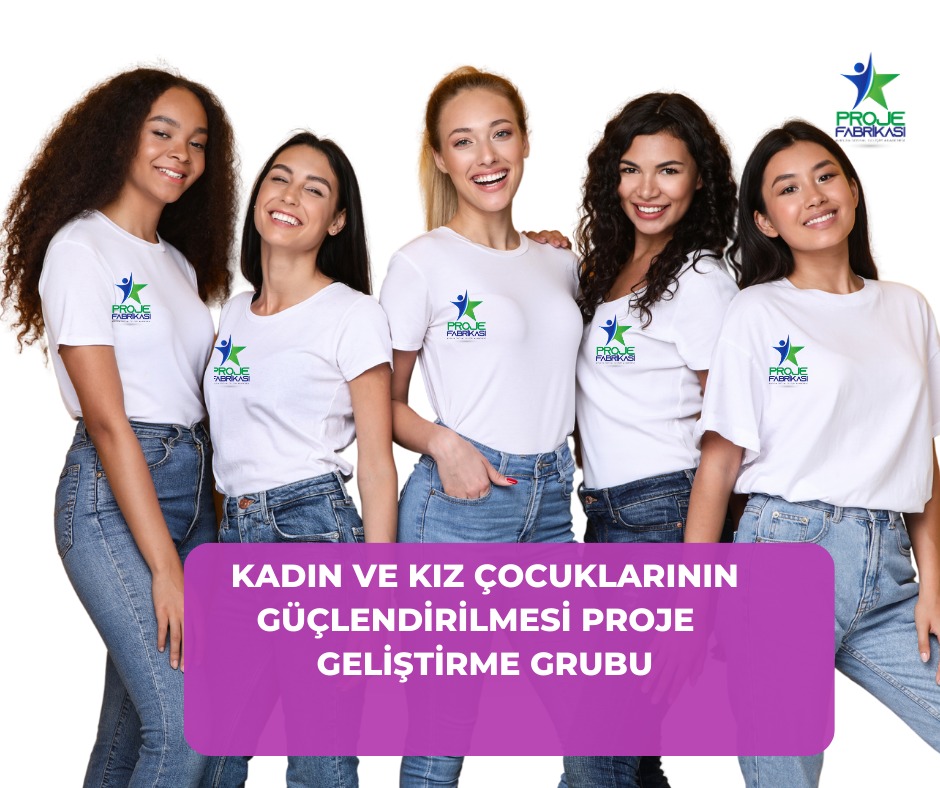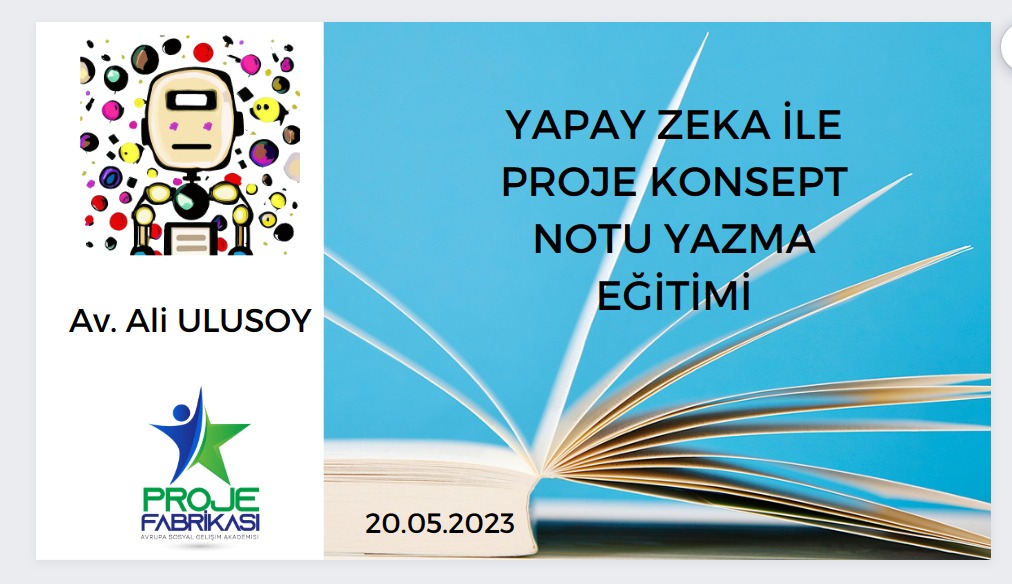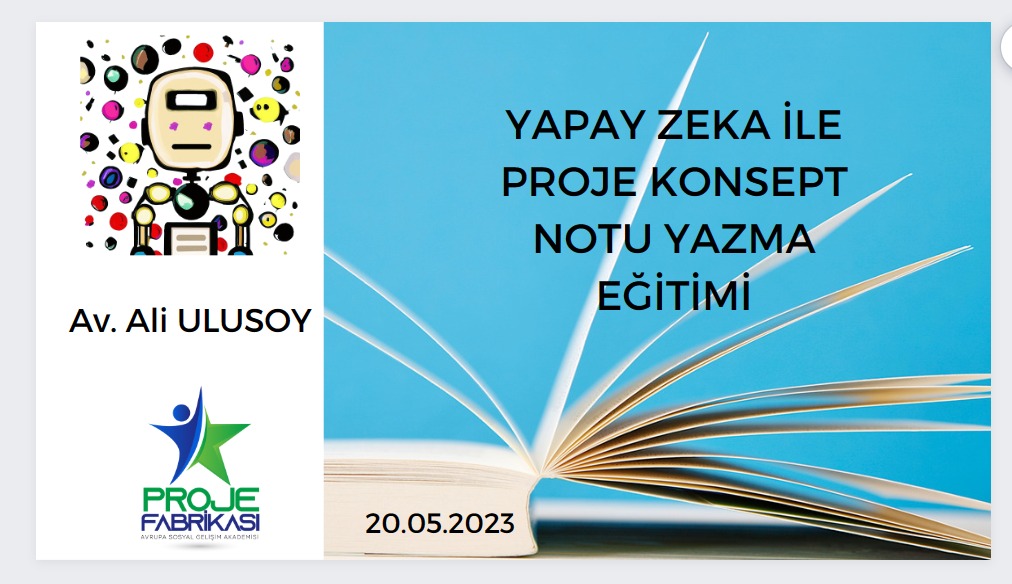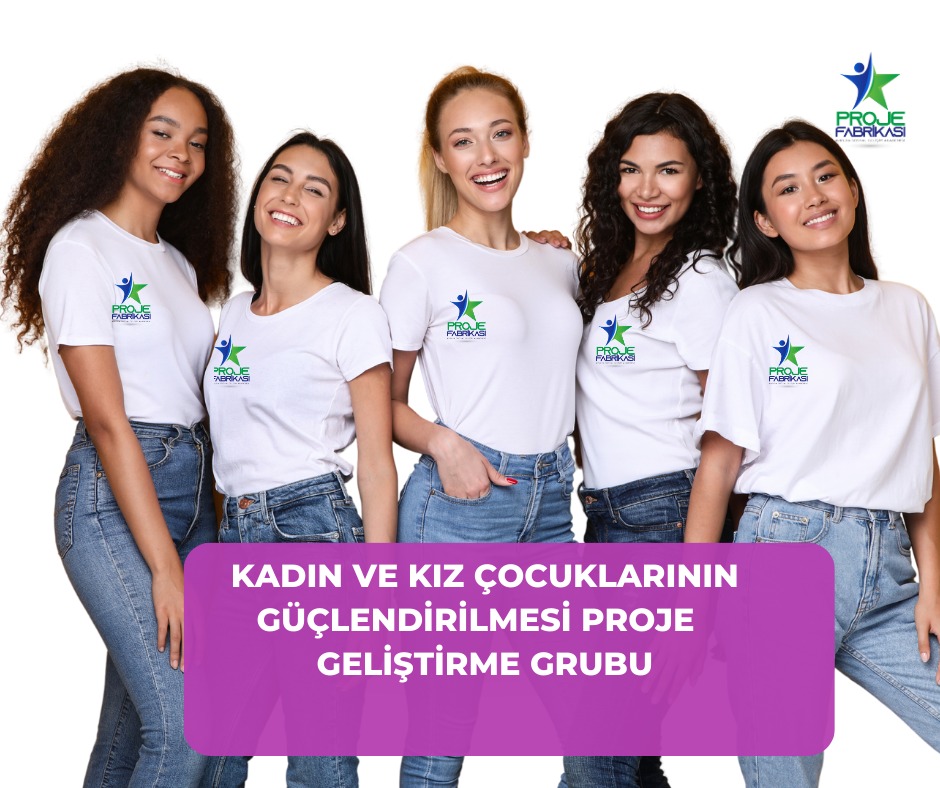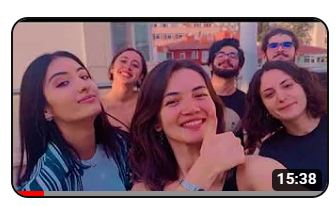The UN Human Rights is pleased to announce a call for applications to the International Art Contest for Minority Artists Second Edition 2023.
The Second Edition will celebrate minority artists who have exposed, explored, and/or addressed matters relating to intersectionality and intersectional forms of discrimination through their artwork.
It aims to raise awareness on the human rights of individuals and groups belonging to minorities and facing compounded forms of discrimination.
Objectives of the Second Edition of the International Art Contest for Minority Artists
- The human impact of intersectional forms of discrimination is of utmost concern. While the enjoyment of most human rights should not be dependent upon one’s identity, individuals facing intersectional forms of discrimination are often deprived of their most basic rights. This is particularly true for women and girls, older persons and children, persons with disabilities, stateless persons, migrants, forcibly displaced individuals, and LGBTIQ+ people from minority groups. Intersectional discrimination affects civil, cultural, economic, political and social rights such as education, employment, social welfare, housing, healthcare, participation in cultural life, freedom of expression and assembly, freedom from arbitrary detention, and political participation.
- Intersectionality has been commonly considered in the context of the principle of nondiscrimination and equality. UN Human Rights Mechanisms have identified and emphasized numerous grounds of discrimination that can intersect, including, among other things, age;albinism; birth; civil, family or career status; colour; descent; disability; economic status; ethnicity; gender expression; gender identity; genetic or other predisposition towards illness; health status; indigenous origin; language; marital status; maternity or paternity status; migrant status; minority status; national origin; nationality; place of residence; political or other opinion; pregnancy; property; race; refugee or asylum status; religion or belief; sex; sex characteristics; sexual orientation; social origin; and social situation.
- Recent UN publications have shown that intersectionality is key to advance the elimination of all forms of discrimination and to better protect minority rights. For many minority individuals, intersecting factors such as gender, indigenous or minority origin, stateless status, rural and peri-urban residence, sexual orientation, or age perpetuate and aggravate the discrimination and marginalization they already face in every aspect of their life. Such intersections need more visibility, and the International Art Contest 2023 aims to advance this objective.
Eligibility Criteria
- Applicants must identify themselves as belonging to a national, ethnic, religious or linguistic minority, in accordance with the 1992 UN Minorities Declaration.
- Applicants can be of any nationality or intersectionality.
- All art formats are eligible, there are no limitations on style or medium. Submissions must however be in electronic format.
- The artwork speaks to the issue of intersectionality, and provides insight on minority issues, identity or experience in relation with intersectionality
- Application to the contest is free-of charge; there is no application and no facilitation fee. Efforts to impose charges for application should please be reported.
- Submissions of collaborative works by multiple minority artists are welcome.
- The work submitted must have been made by the applicant(s) or must be the result of collaborative efforts in which the applicant is included.
- The artwork must be submitted in digital format.
Award Criteria
- When reviewing the entrant artists and their artwork, criteria to be discussed by the Judging Panel may include, but are not limited to:
- Artistic merit
- Elements in the artist’s work giving insights on minority issues, identity and/or experience, and intersectionality
- Relevance of the artist’s views and work to the topic of the contest
- Creativity and innovation
- Effective reach and impact of more established works or perceived potential of increasing visibility of less known ones
- Bravery and/or originality in addressing difficult themes or issues
- Dedication
- The mentioned criteria are not exhaustive, and award-winners may not meet all of these criteria. The decision of the Judging Panel will be taken on a consensual basis. It is final and not subject to appeal.
For more information, visit UN Human Rights. https://www.ohchr.org/en/minorities/minority-artists-voice-and-dissidence




